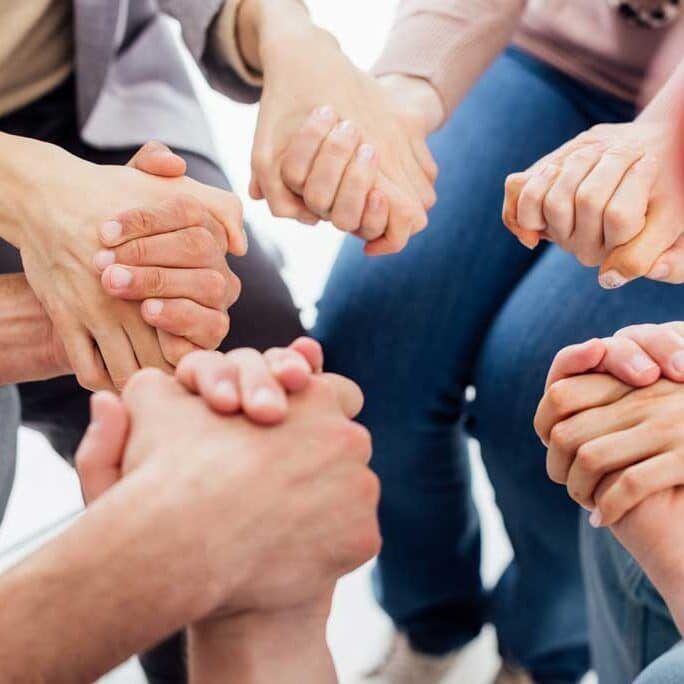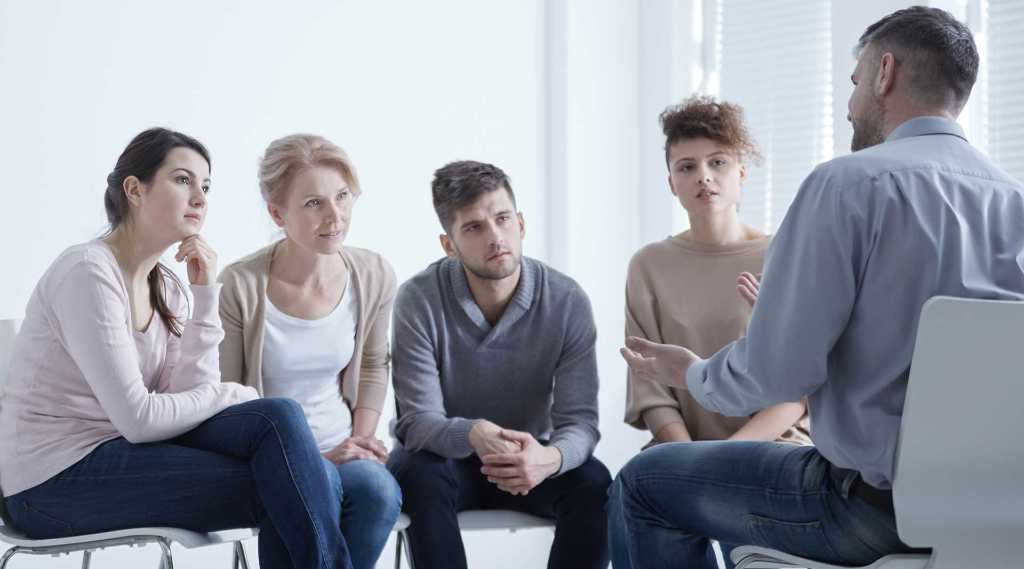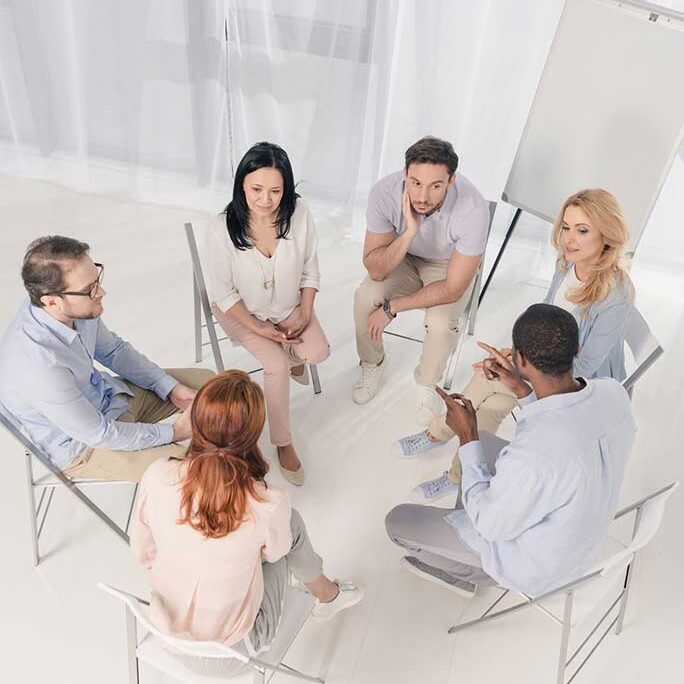
Group Counseling
Humans are social creatures.
Mental challenges can create roadblocks in the internal world – making it extremely difficult to connect with others. Patterns of isolation and avoidance may seem like easier solutions at first but can make loneliness and disconnection worse later on. Life may feel difficult and lonely right now, but it doesn’t have to stay like this.
I offer in-person group therapy sessions to those struggling with feelings of social disconnection and relational or mental challenges. Social connection is one of the most powerful tools in conquering mental challenges – and strengthening those connections in an inviting, empathetic environment is the best way to regain a relational balance.
Our Process to Help You In A Group Setting
What Happens in Group Counseling?
Group therapy involves one to two professional counselors who facilitate and a group of between 5-8 clients who want change in some aspect of their lives.
Struggles to connect with others can be brought on by many different factors – and finding the strength to change this pattern is a unique challenge to everyone. Our process of providing group counseling and reaching a healthy outcome is as followed:
- We’ll take a 15-20-minute pre-appointment phone call to discuss what’s going on and the problems you are facing.
- We will assess how challenges could be impacting your personal relationships and current social and emotional functioning.
- If you are not a current client, we will schedule a session to meet and talk about your current challenges in person. In-person sessions are important to match prospective group members with a group that would fit them - both socially and emotionally. Finding the proper group for clients is a key aspect of effective group therapy.
- Our group counseling sessions will focus on building confidence in your internal world, improving awareness of how your challenges affect your ability to relate to others, and understanding how your feelings and reactions impact the quality of your life.
- We will develop internal tools and collaborative strategies to deal with your feelings in a healthier way – and practice those strategies in real-time with other group members. New social skills and relational tools learned in group therapy sessions help people build confidence and improve relational connectedness outside of therapy.
- As time goes on, clients can become more courageous in coping with their mental roadblocks and build stronger connections with others.
Relationships are a critical part of living a healthy and balanced life. As a group therapist, my number one goal is to create a welcoming and constructive environment for those experiencing mental challenges. In our sessions, we will work on navigating obstacles to form, maintain, and strengthen social connections.
Benefits of Group Counseling
The goal of group therapy is to help clients work through real-life problems in an inviting, productive atmosphere with other people. There are countless benefits to seeking group therapy.
These benefits include (but are not limited to):

Group Sessions Are Designed to Help You Relate to Others – and Yourself
Our goal in group counseling is to understand the mental challenges you face on a deeper level. No matter what issues you are dealing with, group therapy can help you get to the core of your internal challenges – and improve your relationship with yourself and those around you.
You Realize You Are Not Alone
Challenges in your inner world often create the illusion that you are alone - and the struggles you face are unacceptable. Although your circumstances are unique, no one is alone. Usually, as group members begin to express their struggles, other members express similar challenges. Members share struggles and relate to each other on a more intimate level and feelings of connectedness gradually build. A therapy group creates a bonding experience that helps people cope with life’s challenges.
Group Therapy Provides a Give-And-Take Support Structure
The nature of group counseling is interactive. Clients are encouraged to turn to each other for support, connection, and strength in fighting their internal battle. Group sessions are about listening to others, sharing experiences, and pushing comfort zones in a healthy way.
You Learn to Find Your Voice
Group counseling is about becoming aware of your feelings and constructively expressing them. You will be challenged to look in the mirror and critically assess the emotions you feel - and how those feelings impact the relationships with those around you. As members do this, they build confidence in their abilities to create and maintain healthy relationships.
You Have a Safety Net
Whether you are challenged with anxiety, depression, grief, or anything else, the fear to speak up and be authentic is often a big hurdle in building relational confidence. The therapy group forms the safety net needed to overcome these struggles.
Should I Seek a Group Counselor?
Everyone feels antisocial from time-to-time. Knowing when to seek out professional help may not always be crystal clear – and getting in touch with a group therapist can be intimidating. If you are wondering whether or not to seek out group therapy, ask yourself the following questions:
- Am I aware of relational patterns in my life that are challenging or unhealthy?
- Do I get uncontrollable anxiety in the presence of others?
- Am I constantly struggling to create and carry conversations with others?
- Are my mental challenges causing my relationships to deteriorate?
- Is my career being negatively impacted by my relational issues?
- Do I feel the best solution is social isolation?
If you answered yes to any of these questions – and your internal challenges are taking a noticeable impact on your relationships, social confidence, and everyday life, it’s time to look into group counseling.
What Happens If Relational Issues Go Untreated?
Untreated relational issues tend to gradually intensify as time goes on. If we don’t work to improve our relationship with ourselves and the world around us, it can lead to many challenges, including (but not limited to):
Treatment Options Available for Relational Issues

Group Psychotherapy
Group counseling, talk therapy, and psychotherapy is the intentional process of helping people identify, manage, and rebalance certain patterns of internal intensity. In these group sessions, I work with clients to develop strategies to build awareness around uncovered inner challenges - and process them in a safe group setting.
We will:
- Identify certain patterns or behaviors that create challenges in social connection with others.
- Build awareness of mental roadblocks and their effects on your social or relational life.
- Create healthier coping strategies to overcome mental challenges – and better connect with others.
- Ease your internal struggles with other people who are safe and desire the same thing.
My number one goal as a group therapist is to create a community environment where clients feel safe enough to express themselves and support others. All of my sessions are built on a foundation of empathy, open-mindedness, and acceptance. Group sessions last 90 minutes.
Resources Available for Group Therapy
Thanks to the digital world we live in, there are plenty of resources available to learn more about group therapy and mental health. Here are a few of the top ones to look through:
- Mind ReMake Project
- National Social Anxiety Center
- Social Anxiety Association
- National Alliance on Mental Illness
- National Institute for Mental Health
- American Psychological Association
- American Psychiatric Association
- Anxiety and Depression Association of America
- Centers for Disease Control and Prevention – Division of Mental Health
Frequently Asked Questions
Group counseling can vary quite a bit. Clients in my group therapy sessions are dealing with relational issues stemming from forms of anxiety, depression, low self-esteem, trauma, relational challenges or any other struggle in their lives. Group sessions are about coming together, finding new ways to connect with others, and expressing themselves in relationships. Strengthening these skills in group therapy helps people connect with others in their everyday lives.
Group therapy and individual therapy serve different functions – and one is not necessarily more or less effective than the other. Group counseling techniques are beneficial in creating confidence in healthy relational coping strategies that create social connectedness with others. These sessions are intended for people to critically listen to others, gain multiple perspectives, share feedback, and strengthen their ability to interact and connect with others.
Being open about your emotions is a crucial aspect of group therapy. However, this doesn’t mean you need to share your deepest, darkest secrets. Group members don’t have to share anything about themselves they don’t feel comfortable with. The goal in these sessions is to create a welcoming environment where people can feel confident in opening up about their struggles. I encourage clients to pace themselves with group involvement until they feel completely safe in speaking up.
The role of a group counselor is to create a healthy atmosphere for individual growth in a group context. My job in these sessions is to guide internal self-exploration, provide support, and give constructive feedback – while encouraging group cohesion.
Group therapy can last anywhere from 15 weeks to ongoing groups that can last for years. I believe that to get the benefits of group therapy, one should commit to at least three months of participation in weekly therapy, assuming clients feel comfortable enough in the first one or two sessions.
Group settings are scary for most people and feeling unsure or nervous about what to express is normal and healthy. Most members in group counseling sessions are hesitant to share at the beginning of group therapy. This is very normal, and trained facilitators know how to help get the ball rolling. As sessions evolve, people build confidence in their ability to express themselves. These sessions are designed to help initiate conversations and openly discuss struggles and mental challenges.
Let’s Get in Touch
No matter what mental challenges you are facing, you are never alone.
Group counseling and social connection play vital roles in overcoming mental roadblocks. People who invest in their wellbeing and take strides to stabilize their internal world can (and will) change their lives. Humans change, heal, and become stronger every day – and those who dedicate themselves to improvement will see the rewards.
Get in touch today to discuss options for group therapy.
Group counseling
is available in-person at my Brentwood, TN office, over the phone, or via Zoom.
Contact David
If you or someone you know have questions about mental health therapy opportunities with David please fill out the information below.
